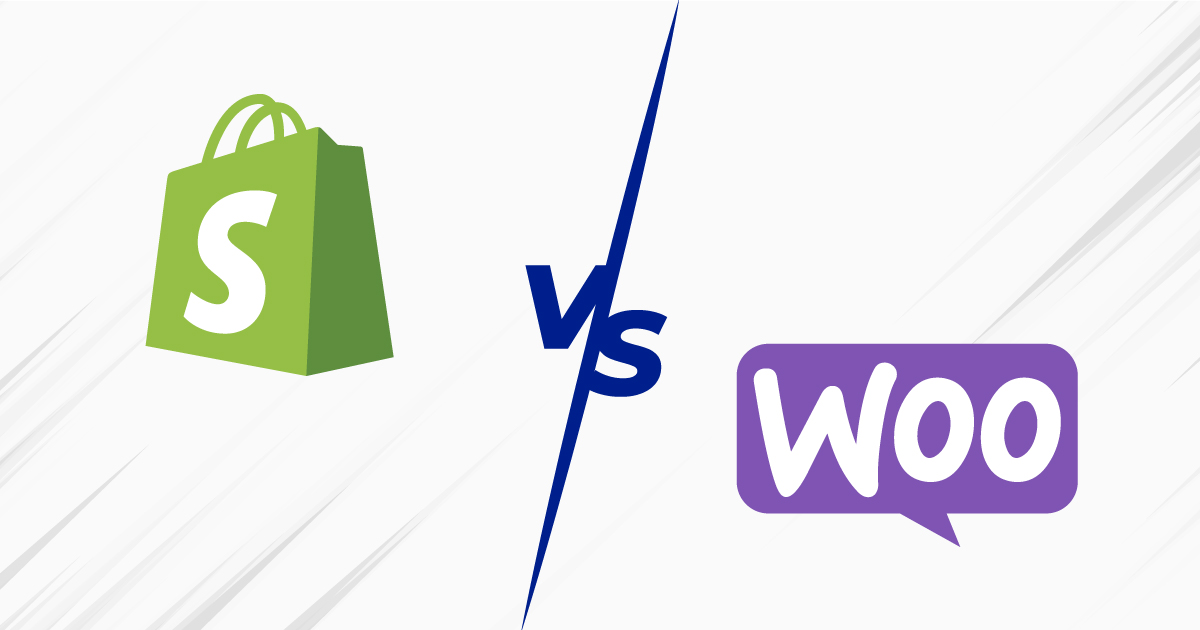Perhaps you have heard of SEM or PPC and you are interested in learning more, or maybe you know something of the subject and want to explore how SEM can help your business and are not sure where to start. Here is a brief summary of 5 fundamental aspects of Search Engine Marketing as you begin your journey:
What is SEM or PPC?
SEM stands for Search Engine Marketing, which is basically online marketing in search engines. It is an online advertising model in which we pay to appear among the top results of the results page of Google, Bing or another search engine for a specific search query.
SEM is primarily used by businesses in sales-oriented campaigns: that is to say they are geared towards users who are specifically looking to purchase something online. These searches can be all types: a mobile search (someone searching for “restaurants near me”), a local service (say a dentist or an electrician in the area), a search for a gift (“Valentine’s Day flowers”) or even a service that can be bought online (“medical travel insurance”). All of these searches activate SEM ads, which by the way, are also called Pay Per Click or PPC since the business model is based on paying a set amount when a user clicks on your ad.
How does it work?
There is more to ads appearing next to relevant search engine results than simply paying more so that your ads appear above those of your competitors. The system is actually auction-based, surprising as that might sound. The auction is between all of those parties who want to appear for a specific query (keyword) and then the ad positions are determined.
The process is entirely automatic on the part of Google or whatever search engine is offering search ads. The search engine determines ad relevancy and validity in relation to the query in question and other factors.
Keywords?
During the campaign configuration process, advertisers must determine which words they want to trigger their ads and indicate what is the maximum bid, or cost per click, they are willing to pay for those specific terms. These terms are called keywords.
Let’s see an example: your business specializes in water sports and aquatic gear. A user wants to purchase a snorkel and so types the following keyword phrase into Google to find sellers who offer “snorkel kits”:
As soon as the user submits their query, the algorithm controlling the auction will determine which ads should be shown for this keyword query and in what order they should appear.
As we’ve mentioned, the business model is “pay per click” so it’s best to choose keywords that are truly relevant to your business’ offer. Google Ads, the platform for managing SEM ads on Google, includes a comprehensive suite of tools to help us determine which keywords are the most relevant or will generate the most sales whilst not being too expensive for our marketing plan.
Bing also has its own ad platform, and if you want to learn more about it, visit our blog post on Bing Ads.
Is that all? Sounds pretty easy.
Not exactly. That algorithm that determines your ad’s position during the auction is not based exclusively on everyone’s “bids”, but also on the quality of the advertisers’ landing pages (if they are optimized for mobile, if the content is good, if the site is secure…) and if the ad copy itself is related to the keyword for which the advertiser is bidding. This means that your ad’s position will rise and fall according to these factors and what other advertisers are doing, and your SEM campaigns will require daily management. Add to that the fact that the search engines are continually tweaking their rules, and you will need to keep up with these changes on the platform so that your campaigns are not negatively impacted. Here is an article on a recent Google change to give you an idea of the types of updates search engines regularly implement.
Although the basic SEM concepts are pretty simple, managing an account with PPC campaigns that are both relevant and profitable can be a complicated undertaking. Many advertisers do not have the resources to dedicate all the time needed for effective SEM management and end up losing out on the opportunity to grow their business and sell more online. At All Around Digital we are experts on search engine marketing and can help you take your SEM programme to the next level. Reach out to us if you need help!
More posts about: Start an online business







